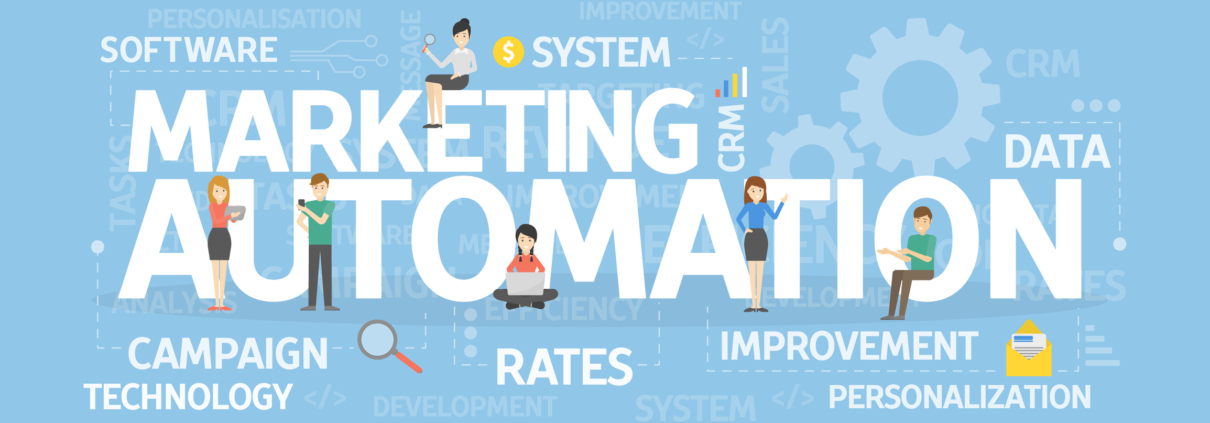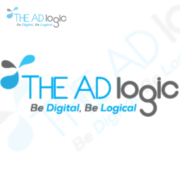The Essential Guide to Top Marketing Automation Tools
In today’s fast-paced digital landscape, effective marketing is crucial for business success. As organizations strive to enhance their marketing strategies, they increasingly turn to top marketing automation platforms. These tools enable businesses to automate repetitive tasks, nurture leads, and deliver personalized content to customers, thereby improving efficiency and effectiveness. This essential guide will explore some of the top marketing automation tools available, their key features, and how they can transform your marketing efforts.
What is Marketing Automation?
Marketing automation refers to the use of software to automate marketing tasks and workflows. This encompasses a wide range of activities, including:
- Email Campaigns: Automating the sending of emails based on user behavior and preferences.
- Lead Generation: Capturing and nurturing leads through various channels.
- Customer Segmentation: Grouping customers based on behaviors and demographics for targeted marketing.
- Analytics and Reporting: Tracking and analyzing marketing performance to make informed decisions.
By automating these tasks, businesses can save time, reduce errors, and focus on strategic initiatives.
Why Use Marketing Automation Tools?
- Increased Efficiency: Automation streamlines repetitive tasks, allowing marketing teams to concentrate on more strategic activities.
- Enhanced Personalization: Marketing automation tools enable businesses to deliver personalized content based on individual customer interactions and preferences.
- Improved Lead Management: These tools help capture, nurture, and score leads effectively, ensuring sales teams focus on high-potential prospects.
- Comprehensive Analytics: Automation platforms provide valuable insights into campaign performance, enabling data-driven decision-making.
Key Features of Top Marketing Automation Platforms
When evaluating marketing automation tools, consider the following key features:
1. User-Friendly Interface
A user-friendly interface is crucial for successful adoption:
- Intuitive Dashboard: Look for platforms with a clear dashboard that provides an overview of campaigns and analytics.
- Easy Navigation: The platform should allow users to navigate easily and access features without technical expertise.
2. Email Marketing Capabilities
Email marketing is a core component of marketing automation:
- Segmentation: Effective segmentation allows for targeted messaging based on customer behavior and demographics.
- A/B Testing: A/B testing features enable marketers to test different email variations to optimize performance.
3. Lead Management and Scoring
Effective lead management is essential for conversion:
- Lead Capture Forms: Platforms should allow for easy creation of lead capture forms to gather information from potential customers.
- Lead Scoring: Implementing lead scoring helps prioritize leads based on their engagement levels, guiding sales efforts.
4. Analytics and Reporting
Data-driven decision-making is crucial in marketing:
- Real-Time Analytics: Access to real-time data on campaign performance helps marketers make timely adjustments.
- Customizable Reports: The ability to create customizable reports enables businesses to focus on key performance indicators relevant to their goals.
5. CRM Integration
Integration with Customer Relationship Management (CRM) systems is vital:
- Seamless Data Sharing: Ensure the platform integrates with your CRM for smooth lead management and tracking.
- Unified Customer Data: A single source of truth for customer data enhances collaboration between marketing and sales teams.
6. Multi-Channel Marketing Support
The best platforms support multi-channel marketing:
- Social Media Integration: Look for tools that allow you to manage and schedule social media posts directly from the platform.
- SMS and Mobile Marketing: Integration of SMS marketing capabilities enables direct communication with customers.
7. Workflow Automation
Automation is at the core of marketing platforms:
- Trigger-Based Actions: Set up automated workflows that trigger specific actions based on customer behavior.
- Nurturing Campaigns: Create nurturing campaigns that guide leads through the sales funnel with relevant content.
8. Personalization Features
Personalization enhances customer engagement:
- Dynamic Content: The ability to create dynamic content that changes based on user behavior ensures relevant messaging.
- Behavioral Targeting: Platforms should allow for targeting based on past interactions, increasing the relevance of communication.
9. Integration with Third-Party Tools
Flexibility is essential for modern marketing tools:
- API Access: Ensure the platform provides API access for custom integrations with other systems.
- App Marketplace: Many top marketing automation platforms offer a marketplace for third-party app integrations, expanding capabilities.
10. Customer Support and Resources
Reliable customer support is crucial for effective use:
- 24/7 Support: Look for providers that offer round-the-clock customer support to assist with any challenges.
- Training Resources: Access to training materials and tutorials can help users maximize the platform’s potential.
Top Marketing Automation Platforms
1. HubSpot
Overview: HubSpot is a leading marketing automation platform known for its comprehensive inbound marketing capabilities.
Key Features:
- CRM integration, email marketing tools, and a powerful content management system.
- User-friendly interface and extensive training resources.
Benefits: Ideal for businesses seeking an all-in-one solution that integrates marketing, sales, and customer service.
2. Marketo
Overview: Marketo, part of Adobe, focuses on lead management and engagement.
Key Features:
- Advanced lead scoring, personalized messaging, and robust analytics.
- Seamless integration with CRM systems.
Benefits: Suitable for mid-sized to large enterprises looking for sophisticated marketing automation solutions.
3. ActiveCampaign
Overview: ActiveCampaign combines email marketing, marketing automation, and CRM functionalities.
Key Features:
- Powerful automation workflows, advanced segmentation, and built-in CRM.
- User-friendly interface with a focus on customer experience.
Benefits: Great for small to medium-sized businesses seeking an affordable yet robust platform.
4. Pardot
Overview: Pardot is Salesforce’s B2B marketing automation solution designed for lead generation.
Key Features:
- Comprehensive lead management, CRM integration, and targeted email campaigns.
- Real-time analytics and reporting capabilities.
Benefits: Ideal for businesses already using Salesforce and looking to enhance marketing efforts.
5. Mailchimp
Overview: Mailchimp has evolved from an email marketing tool to a comprehensive marketing automation platform.
Key Features:
- Drag-and-drop email builder, audience segmentation, and basic automation features.
- User-friendly interface suitable for beginners.
Benefits: Perfect for small businesses and startups looking for an easy-to-use, cost-effective solution.
Steps to Choose the Right Marketing Automation Tool
1. Define Your Goals
Before searching for a marketing automation platform, clearly outline your goals:
- Lead Generation: Are you focused on capturing and nurturing leads?
- Customer Retention: Do you want to enhance customer engagement and loyalty?
- Campaign Management: Are you looking to streamline your marketing campaigns?
2. Research Platforms
Once you have defined your goals, start researching potential platforms:
- Compare Features: Create a comparison chart to evaluate the features offered by different platforms.
- Read Reviews: Look for user reviews and testimonials to gauge the effectiveness and reliability of each platform.
3. Request Demos and Trials
Many platforms offer free trials or demos:
- Test Usability: Use these trials to assess the platform’s usability and functionality.
- Evaluate Customer Support: Reach out to customer support during the trial to see how responsive they are.
4. Make an Informed Decision
After evaluating your options, choose the platform that best aligns with your needs, budget, and long-term goals.
Conclusion
Marketing automation is essential for enhancing efficiency in today’s competitive landscape, and choosing the right top marketing automation platforms can make a significant difference. By understanding the key features that distinguish the best platforms, businesses can make informed decisions that align with their marketing strategies.
Investing in a robust marketing automation platform streamlines processes, improves customer engagement, and drives growth. With the right tools in place, your business can navigate the complexities of modern marketing with confidence.Read More










Leave a Reply
Want to join the discussion?Feel free to contribute!